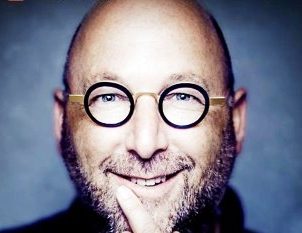
News

Don’t immigrate in the dark
HOWARD FELDMAN
There is hardly a South African of basic financial means who has not considered immigration. The consideration is not unreasonable. Each circumstance is different, and each person has different factors to consider.
That said, I, as someone who has lived in three countries, believe that very often we don’t take all the considerations into account before making a move that will have significant and life-altering effects on us and our families. Some things that I believe are worth noting:
- Living in South Africa, we might be forced to seek alternative power supplies, but when the electricity comes back on, we have people with whom to sit in the light. It is important not to take our extended family, grandparents and parents for granted. We lived in New York City, and it is hard to describe the level of loneliness one can experience without parents, siblings, cousins, and old friends who know you in context.
- The electrical grid is complicated, but we have other networks that count. These include business associates, doctors, lawyers and plumbers – and all are just a phone call away. It takes years to re-establish these networks in another country.
- Do not think for a moment that we are depriving our children of education in South Africa. Our Jewish schools and private institution are some of the finest, and so are our universities. We produce quality, driven individuals.
- And if sometimes the university experience is uncomfortable, ugly and scary, maybe that is not a bad thing. Maybe that’s exactly what our children should be experiencing as they leave the sheltered world in which we have raised them. I have seen the alternative, where children are brought up without seeing or facing challenges and troubles, and believe me, it is not what you want.
- It is infinitely better to be a big fish in a small pond than the other way round.
All this does not mean we need to accept corruption and mismanagement, or live in denial. On the contrary, we need to pressure the government. Those who are guilty need to go to jail. Electricity supply needs to be opened to other suppliers, and we need to demand change. And we need to recognise all this without succumbing to the destructive negativity that might accompany such thoughts.
The answer is to make our lives more comfortable – to get what we need to make us happy. It doesn’t have to cost a lot. For me it was an online purchase of R475 that provides me with cell phone connectivity during a power outage.
I am also not suggesting that there is no reason to be concerned, and I am not discouraging people from leaving South Africa. What I am suggesting is that we take the time to understand what awaits us if we leave. There might not be a lack of electricity, but there will be a lack of something else, perhaps even many things. And if we are not aware of what they might be, then we will not be making an informed decision.
More importantly, and more critically; whatever we do, we cannot allow ourselves to make emotional decisions in the dark.




